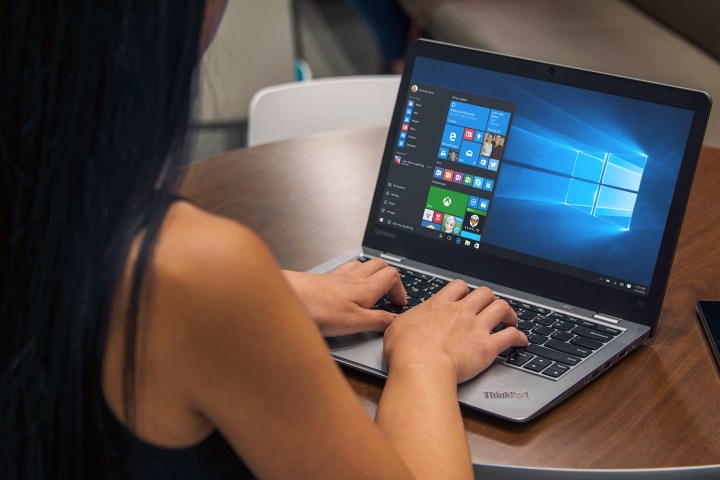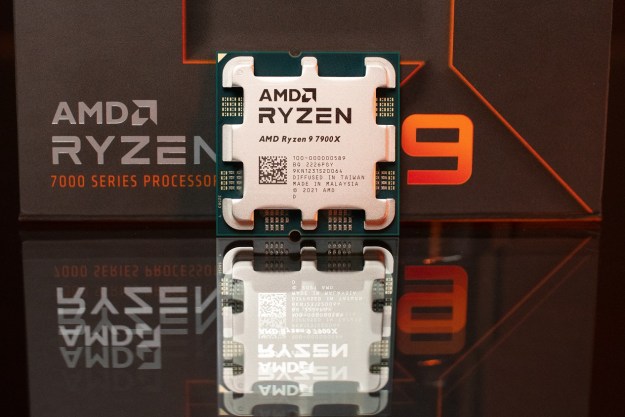
Microsoft announced its intentions well in advance, but many users working with the likes of Intel’s Kaby Lake processors and AMD’s Ryzen line were still frustrated to find that they would have to choose between their preferred operating system and Windows Update. Fortunately, Zeffy’s solution seems to be a comprehensive workaround.
The fix works by patching Windows .DLL files, according to a report from Bleeping Computer. This bypasses the CPU version check that finds out what operating system is in use, which in turn allows Windows Update to interact with systems running Windows 7 and Windows 8.1.
Zeffy has made batch scripts available via GitHub, so that more suspicious users can poke around his code until they’re confident enough to run the workaround on their system. The scripts were apparently created by reverse-engineering the KB4012218 update that initially blocked Windows Update from working on older versions of Windows.
The fact that Zeffy was able to come up with a fix relatively quickly seems to confirm that Microsoft introduced these measures as a means of encouraging users to make the upgrade to Windows 10, rather than because of any technological limitations. That’s not particularly surprising, but it sets a troubling precedent for the future.
Microsoft has made no secret of its ambition to see a billion devices running Windows 10, even if it’s not likely to hit that estimate in 2018. However, between annoying reminders and these restrictions on what hardware is compatible with older versions, it certainly seems that the company is prioritizing big usage figures over the quality of the user experience.
Editors' Recommendations
- Microsoft plans to charge for Windows 10 updates in the future
- If you have an AMD GPU, stay away from the latest Windows Update
- These two CPUs are the only ones you should care about in 2023
- Intel’s upcoming laptop CPU may destroy even the best desktop chips
- Update Windows now — Microsoft just fixed several dangerous exploits


